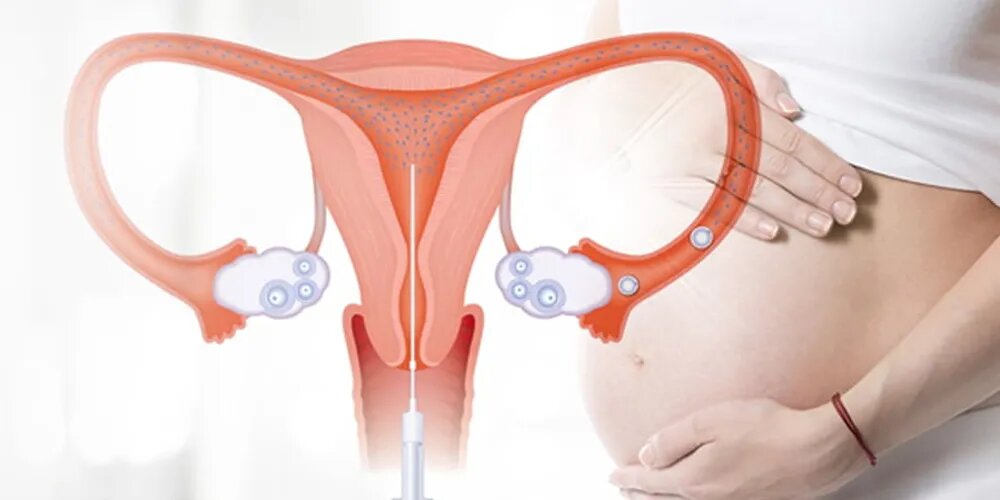Introduction
Infertility affects many couples, and assisted reproductive techniques provide hope for those struggling to conceive. Intrauterine insemination (IUI) and home insemination are two popular methods. While both aim to facilitate pregnancy, the effectiveness, safety, and medical guidance offered by the Best IUI Hospital in Chennai make a significant difference. Understanding the differences between IUI in a clinical setting and home insemination can help couples make an informed decision.
What is Home Insemination?
Home insemination is a self-administered procedure where sperm is introduced into the reproductive tract using a syringe or cervical cap. This method can be an option for single women, same-sex couples, or those who prefer a non-medical approach. However, the success rate largely depends on multiple factors, including sperm quality, timing, and technique.
Pros of Home Insemination:
- Privacy and comfort of the home environment.
- Lower cost compared to clinical procedures.
- No medications or medical interventions required.
Cons of Home Insemination:
- Limited control over sperm placement.
- No medical supervision, increasing the risk of infection or improper technique.
- Lower success rates compared to IUI.
What is IUI (Intrauterine Insemination)?
IUI is a medically supervised procedure where washed and concentrated sperm is directly placed into the uterus during ovulation. This enhances the chances of fertilization by reducing obstacles sperm face in reaching the egg. Best IUI Treatment in Chennai ensures precision, safety, and better outcomes for couples trying to conceive.
Pros of IUI Treatment:
- Higher success rates due to controlled sperm placement.
- Performed under medical supervision, reducing infection risks.
- Suitable for couples with unexplained infertility or male factor infertility.
- Can be combined with fertility medications for better results.
Cons of IUI Treatment:
- More expensive than home insemination.
- Requires clinic visits and medical monitoring.
- Mild discomfort during the procedure.
Success Rates: IUI vs. Home Insemination
Success rates vary based on age, fertility condition, and sperm quality. On average:
- Home insemination has a success rate of 10-15% per cycle.
- IUI at a specialized hospital has a success rate of 15-25% per cycle, which can increase with fertility medications.
The Best IUI Hospital in Chennai uses advanced techniques to optimize success rates. Monitoring ovulation and sperm preparation improves the chances of conception.
Key Factors to Consider When Choosing Between IUI and Home Insemination
When deciding between IUI and home insemination, consider the following:
- Medical Conditions: Women with irregular ovulation, endometriosis, or unexplained infertility benefit more from IUI.
- Sperm Quality: If male infertility factors are involved, sperm washing in IUI increases pregnancy chances.
- Safety Concerns: IUI is performed in a sterile environment, reducing infection risks compared to self-administered home procedures.
- Cost: While home insemination is cheaper, IUI offers better success rates and medical assurance.
- Expert Guidance: A fertility specialist at the Best IUI Treatment in Chennai provides expert insights and tailored treatment plans.
Why Choose a Hospital for IUI?
Hospitals specializing in fertility treatments provide cutting-edge technology, expert medical professionals, and a controlled environment for higher success rates. At the Best IUI Hospital in Chennai, the entire process is streamlined, from ovulation tracking to sperm preparation, ensuring optimal conditions for conception.
Conclusion
While home insemination offers a more affordable and private option, it lacks the precision, safety, and success rates of IUI performed in a hospital setting. Couples serious about achieving pregnancy should consider professional fertility treatment for the best outcomes. Firm Hospital offers the best IUI treatments, providing expert care, advanced technology, and high success rates to support your parenthood journey.





Comments